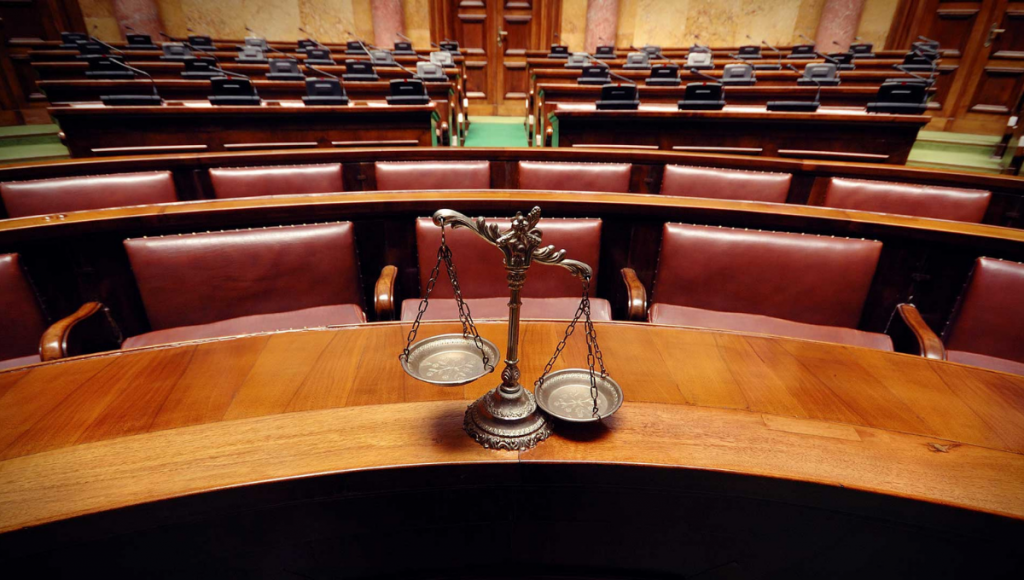A fear that a lot of people have, but don’t wish to speak about, is the fear of losing their mental capacity and what happens to their assets and personal care decisions once this happens and they cannot make decisions for themselves. This is where an Enduring Power of Attorney comes into play. It is a quick and simple way to prepare for a time in the future where you may need the help of somebody else to make your decisions for you. In this article we’ll explain the truth behind the myths to be able for you to clear up some of misconceptions and confirm some of the facts surrounding about the Enduring Power of Attorney, so that you can confidently set one up for yourself.
Isn’t a Will and an enduring power of attorney the same thing?
No. A Will sets out your wishes for when you die. An enduring power of attorney sets out who you want to make decisions for you during your lifetime. (Usually taking effect if you lose the capacity to make your own decisions.) They are not the same thing.
Isn’t an attorney the same as a lawyer?
In America, the term attorney is used to refer to a lawyer.
In Australia, an attorney is not a lawyer. An attorney is your principal decision-maker (health, personal and/or financial matters ) under an enduring power of attorney.
I have an executor, isn’t that the same as an attorney?
An executor is who you name in your Will to manage and distribute your estate after your die. A Will is an entirely separate legal document from an enduring power of attorney.
If I lose capacity, my husband or wife will be able to ensure I am looked after so I don’t need an enduring power of attorney.
Before you lose decision-making capacity, you should make it clear who you would like to be your attorney for health, personal, and financial matters. An attorney has specific duties, which may place an extra burden upon your spouse.
You should also consider a substitute decision-maker, in case your spouse is not able to perform this role, as they may also be under a legal disability or passed away from an accident you may also have been involved with.
If there is conflict in your family, it is also wise to specify your wishes to avoid misunderstandings.
There is no difference between having the Public Trustee prepare my enduring power of attorney and getting the form and making it myself.
While it is possible to prepare an enduring power of attorney yourself, the document needs to be witnessed correctly.
We can also assist you with specific clauses to ensure your enduring power of attorney meets your needs.
For example, you may wish to include a consultation clause or an accountability clause to specify who your attorney/s must consult with, or be accountable to, when they are making decisions and managing your affairs.
If I don’t have an enduring power of attorney and I lose capacity the court will automatically appoint the Public Trustee to manage my affairs.
The Public Trustee is not automatically appointed by the court. The Queensland Civil and Administrative Tribunal decide who will manage your financial affairs—it may be the Public Trustee or it could be someone from your family.
If I make an enduring power of attorney I have to appoint my family because that’s what you should do.
Carefully consider who you appoint as your attorney/s for health and personal matters, and for financial matters.
You may wish to choose someone independent to manage your affairs if:
- there is family conflict
- there is a prior history of violence or other abuse
- there is a history of addiction, gambling or drug use
- a potential attorney has difficulty managing their own personal and financial affairs.
For more information, contact us here or call us 1300 844 678.


Recent Comments